What roles do communal solidarity and sociality play in spaces such as the Palestinian refugee camps in Lebanon and Jordan during the COVID-19 pandemic? This question is examined by Samar Maqusi, who draws on conversations with camp residents Abu Mohammad and Abu Ahmad, to reflect on the 'socially conscious' creativity developing and responding to the pandemic.…
Tag: Localisation Series
Sustaining protracted displacements: A brief history of labor policy for Jordan’s refugees
This piece problematizes dominant conceptualisations of refugees in Jordan both as passive victims dependent on aid and as migrants who are ‘interchangeable’ within the Jordanian labour market. Specifically, Aaron Steinberg examines and problematizes the impact of the Jordan Compact, an international agreement ostensibly providing paths to employment for Syrian refugees in Jordan. However, as Steinberg…
Barriers to Localisation: Making the Invisible Visible
Despite international support for the 'Localisation of Aid' Agenda, working with 'the local' remains not only challenging, but also frustrating for many international organisations. As Kathleen Rutledge explains in this piece, this frustration stems from a variety of sources, from a sense that the local is frequently 'less professional', to a degree of mistrust about…
Recognising Structures of Vulnerability in the Global Compact on Refugees
Refugee Hosts PI Dr Elena Fiddian-Qasmiyeh has encouraged UNHCR and other actors to recognise and address the structures that create heightened vulnerability and inequality in contexts of conflict, displacement, and refugee hosting. In her recent address to the UNHCR High Commissioner’s Dialogue in Geneva, Elena called on the Global Compact on Refugees to take this opportunity to tackle the intersecting…
Assessing Urban-Humanitarian Encounters in Northern Lebanon
In this post, Estella Carpi examines the interface between ‘the urban’ and the humanitarian system in the small urban centre of Halba, in order to shed light on the antagonistic and, at times, collaborative relationships between local authorities, local and refugee labourers, and international humanitarian agencies. If you find this piece of interest, please also…
Mobility, Hope and the ‘Appropriation’ of Space: Reflections from a PhotoVoice Project
Typically, photographs of and about displaced peoples focus on individual suffering victims, acts of individualised resilience, or tropes that resonate with the wider genre of humanitarian narratives. As a result, the Refugee Hosts project has adopted what Dr Elena Fiddian-Qasmiyeh has termed a "Spaces and Places, Not Faces" approach to refugee-photography. As Michelle Lokot explores in…
Employment and pension rights in the context of the localisation of aid agenda
Introductory reflection by Elena Fiddian-Qasmiyeh, Refugee Hosts PI and UCL Through the Localisation of Aid agenda, the international community has committed to support 'locally-based' actors who play a key role in responding to people affected by conflict and displacement. Indeed, as we have been exploring in our Localisation of Aid blog series, nationally- and locally-based…
Histories and spaces of Southern-led responses to displacement
Histories and spaces of Southern-led responses to displacement by Elena Fiddian-Qasmiyeh, Refugee Hosts PI and UCL Far from passively waiting for externally provided assistance, regional organisations, states, communities, households, families and individuals across the world have been responding to displacement throughout history. The case of refugees-hosting-refugees that I have been exploring in detail through Refugee…
The Localisation of Aid and Southern-led Responses to Displacement
The Localisation of Aid and Southern-led Responses to Displacement: Beyond instrumentalising local actors By Elena Fiddian-Qasmiyeh, Refugee Hosts PI and UCL Displacement is primarily a ‘Southern’ phenomenon, with around 90% of all refugees having fled from one country in the global South to another Southern state, through processes of South-South migration. It is equally the…
Before Defining What is Local, Let’s Build the Capacities of Humanitarian Agencies
In this piece, Dr Janaka Jayawickrama and Bushra Rehman argue that the localisation of aid agenda is shaped by a discourse of global humanitarianism that is characterised by a particular, cultural relationship to power. This suggests that current discourses on localisation have largely been North-centric, often overlooking the Southern contexts and histories that shape ‘the local’…
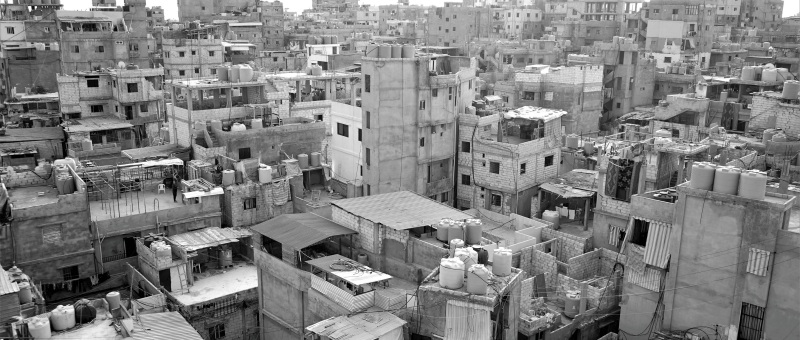
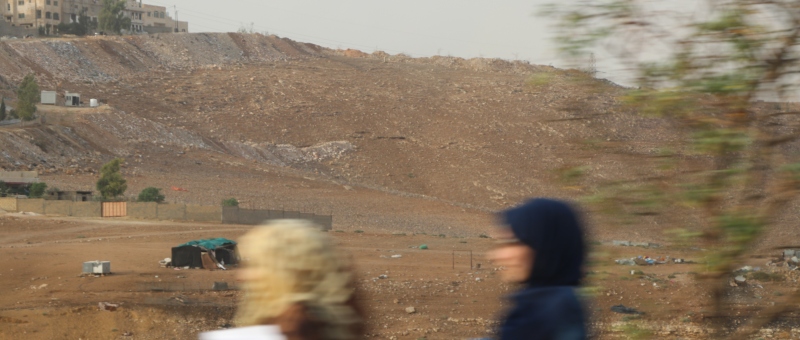
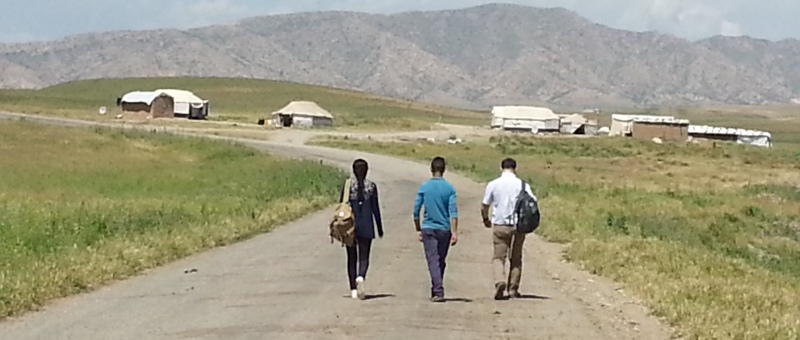
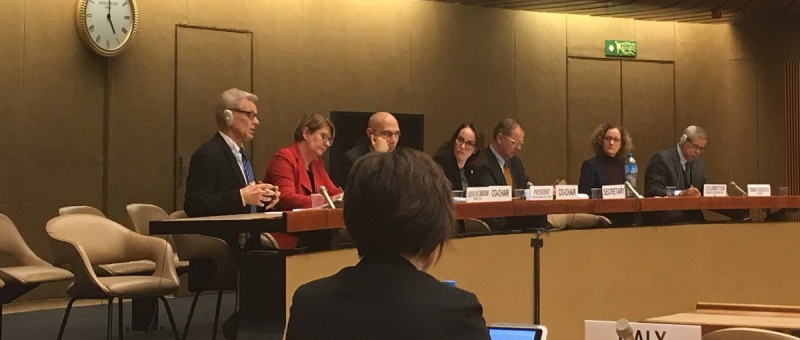
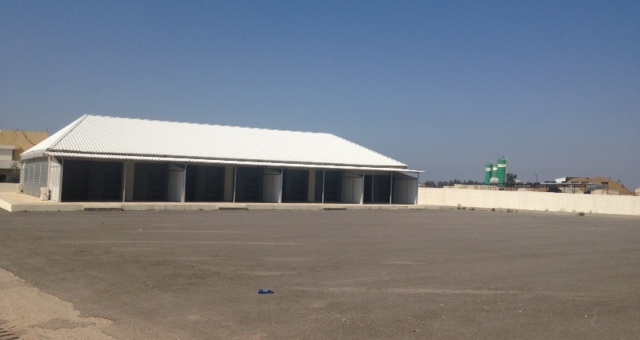
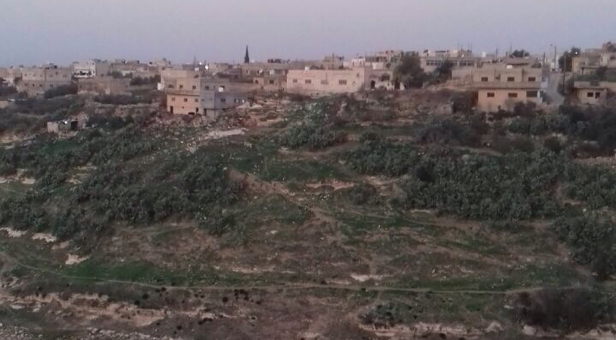
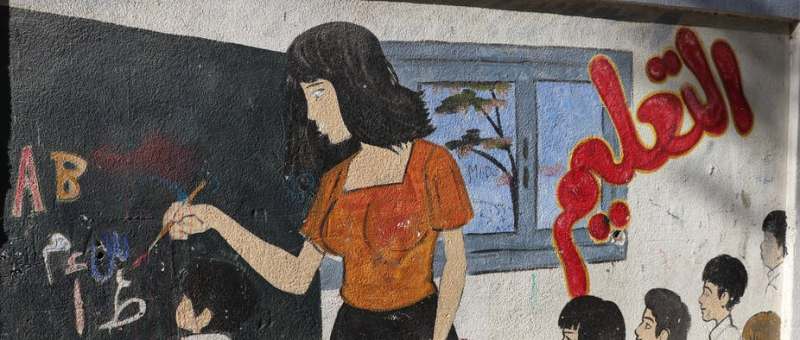
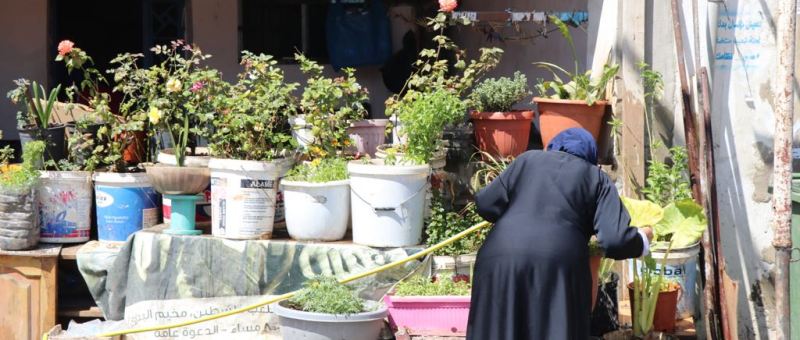
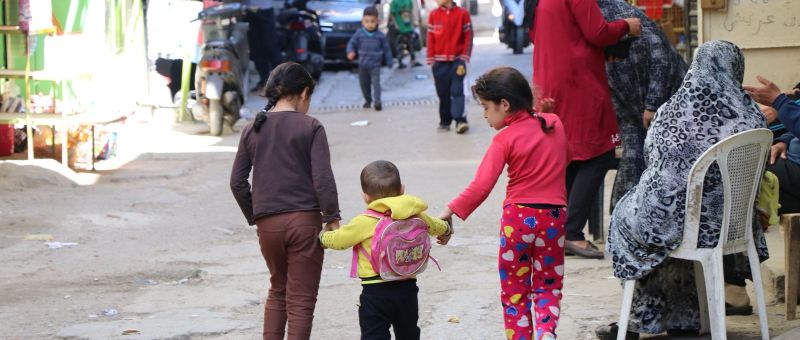
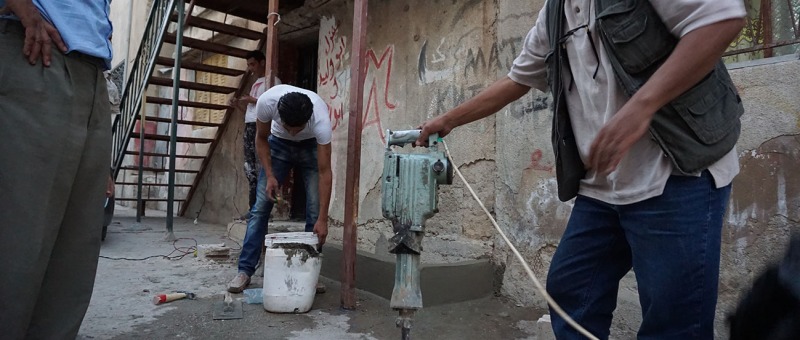
You must be logged in to post a comment.